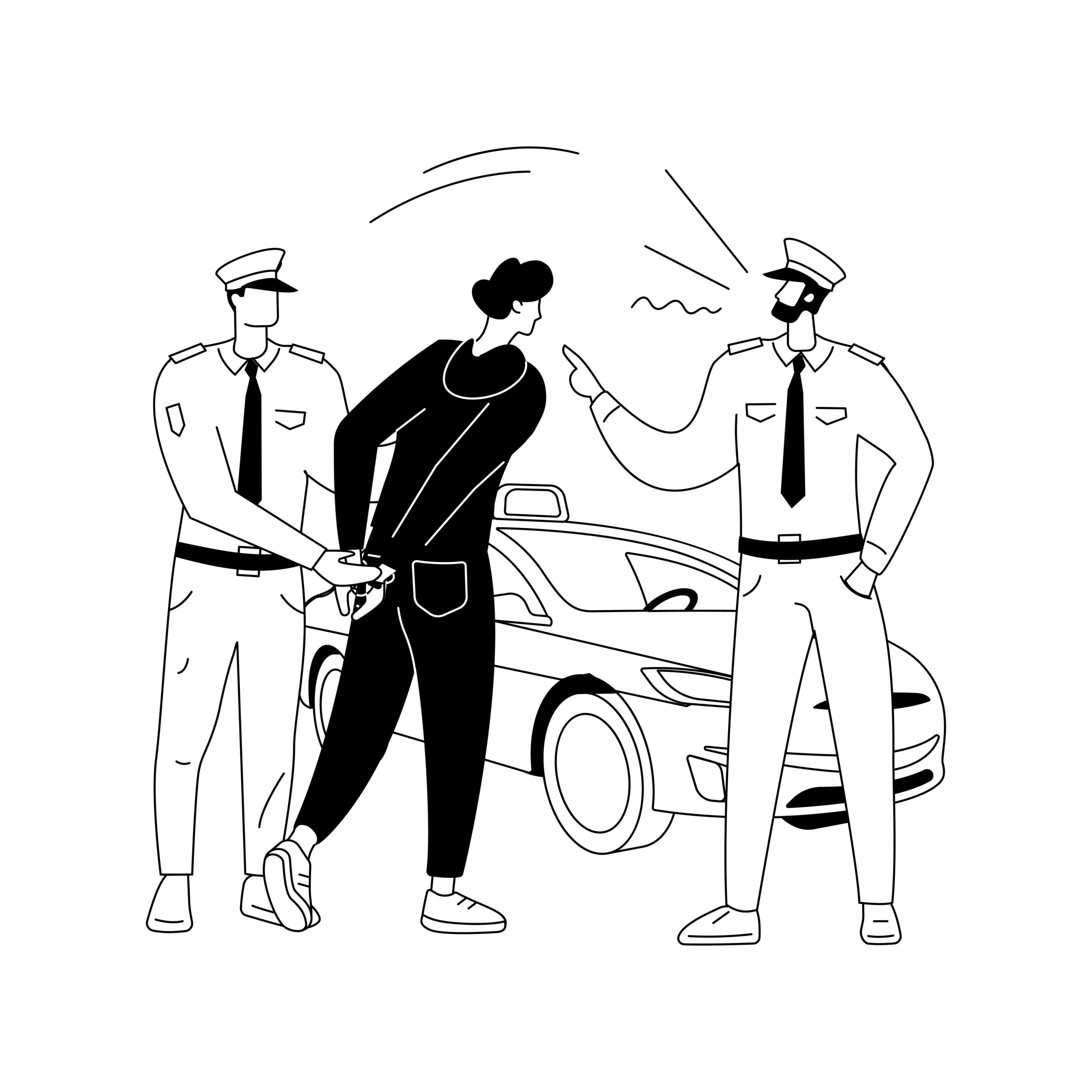A subpoena is typically used to compel individuals to provide testimony or produce documents in legal proceedings, while a warrant grants law enforcement officials the authority to search for evidence or make an arrest.
Subpoena

(Image by mego-studio on Freepik)
Subpoena. The word itself carries a certain weight, doesn’t it? Derived from the Latin term “sub poena,” meaning “under penalty,” a subpoena is a legal document issued by the court that commands someone to provide testimony or produce evidence for a case. It’s like being summoned to participate in the grand theater of justice.
So when might you encounter a subpoena? Well, subpoenas are commonly used in both civil and criminal cases. In civil cases, they can be issued to gather information relevant to disputes such as business contracts or personal injury claims. On the other hand, in criminal cases, subpoenas may be employed to compel witnesses to testify or present physical evidence crucial for establishing guilt or innocence.
Once served with a subpoena, compliance is not optional—it’s mandatory! Failure to comply can result in serious consequences including fines or even imprisonment. So if you receive one at your doorstep (figuratively speaking), it’s important not to ignore it.
But what happens if you’re nowhere to be found? What if the process server knocks on your door but you’ve long since moved away without leaving any forwarding address? That brings us into an entirely different realm – let’s dive into warrants next!
Warrant

(Image by vectorjuice on Freepik)
A warrant is a legal document issued by a court that gives law enforcement officials the authority to search a person’s property or arrest them. It is typically obtained when there is probable cause to believe that evidence of a crime can be found at the location or that the person has committed an offense.
When it comes to warrants, there are different types depending on their purpose. A search warrant allows authorities to enter and search premises for specific items related to criminal activity. An arrest warrant authorizes the apprehension of an individual suspected of committing a crime.
The main difference between subpoenas and warrants lies in their scope and purpose. While subpoenas are used mainly for gathering information or compelling someone’s testimony, warrants give law enforcement broad power to conduct searches or make arrests.
It’s important to note that warrants must meet certain criteria established by law, such as showing probable cause before they can be issued. This helps protect individuals from unreasonable searches and seizures.
Law enforcement officers execute warrants by presenting them to individuals who may be affected. If you find yourself served with a warrant, it’s essential not to resist but consult with legal counsel immediately.
In situations where there is reasonable belief that evidence may be destroyed or someone might flee, law enforcement officers may also have the option of obtaining an emergency or no-knock warrant which permits them entry without prior notification.
Understanding how warrants work can help individuals navigate potential encounters with law enforcement more effectively while protecting their rights under the law.
Subpoena Vs. Warrant – Key differences
When it comes to legal matters, understanding the differences between a subpoena and a warrant is crucial. While both are legal documents, they serve different purposes in the justice system.
A subpoena is a request for someone to provide evidence or testimony in a case. It can be issued by either party involved or by the court itself. This means that anyone can issue a subpoena, not just law enforcement officials.
On the other hand, a warrant is an authorization granted by a judge that allows law enforcement officers to search premises, seize property or arrest individuals suspected of committing a crime. Warrants can only be issued if there is probable cause to believe that evidence of a crime will be found.
One key difference between subpoenas and warrants lies in their scope of authority. A subpoena has limited power as it cannot compel someone to testify against themselves or produce self-incriminating evidence. In contrast, warrants empower law enforcement agencies with broad authority to conduct searches and make arrests.
While both subpoenas and warrants have their distinct purposes within the legal system, it’s essential to understand when each should be used appropriately depending on the circumstances at hand.
When to use a subpoena?
A subpoena is typically used when someone needs to obtain evidence or information from another person or organization. It is a legal document issued by a court that commands the recipient to either produce documents, testify in court, or both.
One common situation where subpoenas are used is during legal proceedings such as trials or depositions. Attorneys may use subpoenas to compel witnesses to appear and provide testimony, ensuring that all relevant parties have an opportunity to present their side of the story.
Subpoenas can also be utilized in civil cases when one party wants access to specific documents held by another party. This could include financial records, emails, contracts, or any other relevant materials needed for litigation purposes.
Additionally, government agencies and law enforcement can issue subpoenas as part of investigations. They may request documents related to potential criminal activities or summon individuals with knowledge about a case for questioning.
Subpoenas are valuable tools when seeking evidence and information in legal matters. They serve as a means of compelling cooperation from individuals and organizations involved in the case at hand without summarizing too much!
When to use a warrant?
A warrant is typically issued by a judge or magistrate in criminal cases. It grants law enforcement officials the authority to conduct searches, seize property, or arrest individuals suspected of committing a crime.
One situation where a warrant may be necessary is when there is probable cause to believe that evidence of a crime can be found at a specific location. For example, if investigators have reason to believe that illegal drugs are being stored in someone’s home, they can obtain a search warrant to enter and search the premises.
Another instance where a warrant may be used is when there is an urgent need for immediate action. This could involve situations such as preventing the destruction of evidence or apprehending suspects who pose an imminent threat.
Additionally, warrants are commonly used for electronic surveillance, such as wiretapping phone lines or monitoring online communications. However, obtaining these types of warrants usually requires demonstrating more than just suspicion; strong evidence supporting the necessity and relevance of the surveillance must be provided.
It’s important to note that warrants provide legal protection and ensure accountability by requiring judicial oversight before intrusive actions take place. They serve as checks against potential abuses of power by law enforcement agencies.
Warrants are employed when there is sufficient justification to invade someone’s privacy rights in order to gather evidence or make arrests related to criminal activity. The specific circumstances under which warrants should be obtained vary depending on jurisdiction and applicable laws governing search and seizure procedures.
What happens if you ignore a subpoena?
Ignoring a subpoena is not something you want to do. It can lead to serious consequences and legal trouble. So, what happens if you ignore a subpoena? Well, first of all, it’s important to understand what a subpoena is. A subpoena is a legal document that requires you to appear in court or provide certain documents or information.
If you choose to ignore a subpoena, there can be various outcomes depending on the circumstances. In some cases, the party who issued the subpoena may file a motion with the court asking for enforcement. If granted by the court, this could result in penalties such as fines or even imprisonment.
Additionally, ignoring a subpoena can also have negative implications for your case. The judge may view your refusal to comply as an indication that you have something to hide or that your testimony would be unfavorable.
Moreover, ignoring a subpoena can damage your reputation and credibility. It sends the message that you are not willing to cooperate with legal proceedings and can harm any future relationships or opportunities within your industry.
It’s essential to consult with an attorney if you receive a subpoena but have concerns about compliance. They will be able to guide you through the process and discuss any potential defenses or options available.
In short, ignoring a subpoena is never advisable due to its potential legal ramifications and adverse effects on one’s reputation and case outcome.
What happens if a server can’t find you?
What happens if a server can’t find you? Well, it’s not as simple as just disappearing into thin air. When a server can’t locate you, it means that they are unable to deliver the legal document or notice that has been issued to you. This could be due to various reasons such as an incorrect address, outdated contact information, or simply because you have intentionally gone off the grid.
When a server is unable to find you, they will typically make multiple attempts to reach out and deliver the document. They may try contacting your known associates or family members in order to gather any information that could lead them to your whereabouts. If all else fails, they may resort to alternative methods such as publishing a notice in the local newspaper or posting it at a public place.
However, it’s important to note that evading service of legal documents is not advisable and can have serious consequences. Ignoring these documents does not make them go away; rather, it can result in further legal complications and even court sanctions.
So if a server can’t find you, it’s best to take proactive measures and ensure that your contact information is up-to-date with relevant authorities. Otherwise, you may find yourself facing additional legal troubles down the road.
Featured Image By vectorjuice on Freepik








